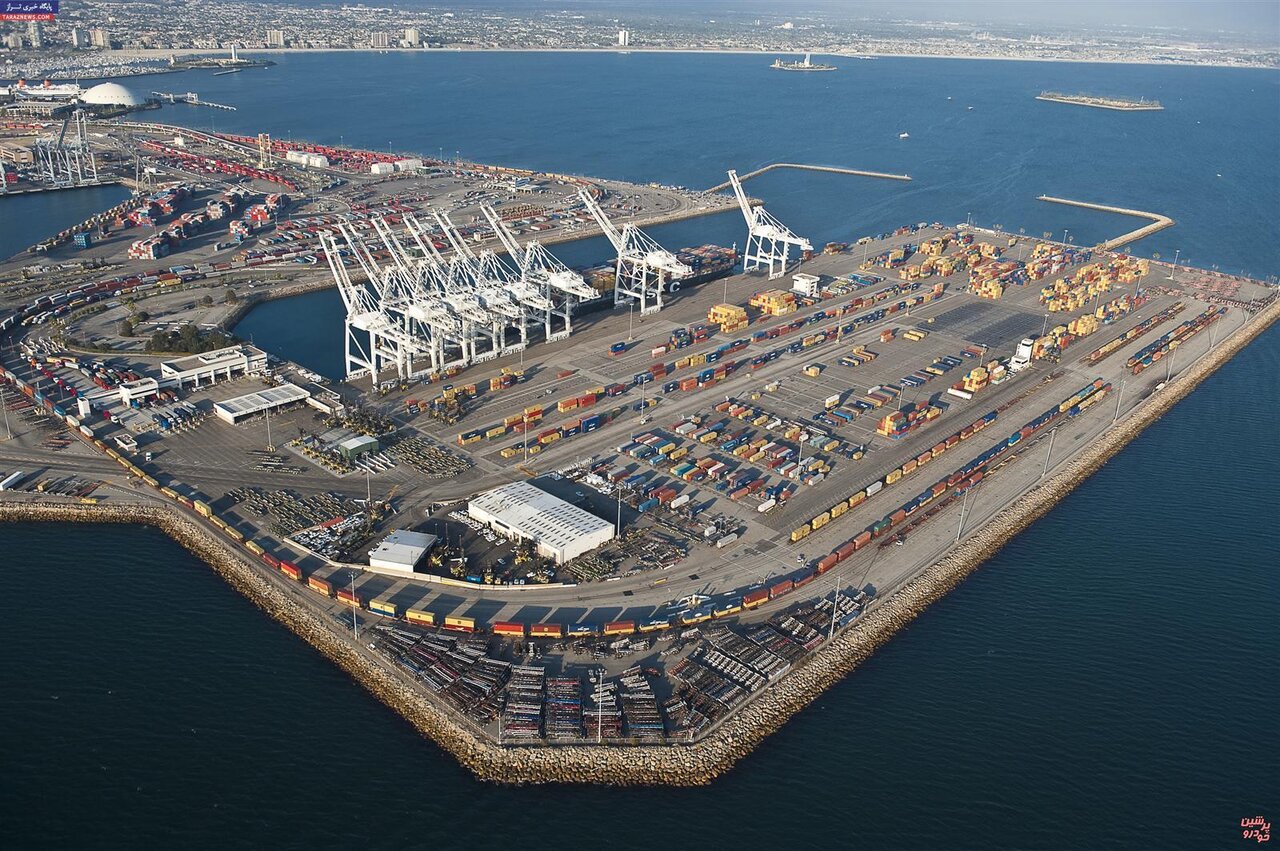U.S. sanctions and the future of Iran-India cooperation in Chabahar port

TEHRAN – Donald Trump’s recent directive, which instructs the Secretary of State to “modify or rescind sanctions waivers” for Iran's Chabahar port project, has sparked debate about the future of Iran-India cooperation.
In May 2024, India and Iran signed a 10-year contract for the operation of Iran's Chabahar port, eight years after agreeing on the general framework for cooperation.
With Trump’s intensified anti-Iran “maximum pressure” campaign, observers now question whether New Delhi will be able to keep its promise to prevent the U.S. from influencing its bilateral ties with Tehran, or whether India was ever genuinely committed to developing the Chabahar port in the first place.
When asked about the potential removal of U.S. sanction waivers on the Chabahar port, Iran’s Foreign Minister Abbas Araghchi told an Indian journalist on Sunday that the two countries are determined to continue bilateral cooperation. “The challenges between Iran and India have always occurred due to the interference of third parties,” the top diplomat said, adding that India is currently engaged in talks with Washington on the development of the Chabahar port. “Regarding the cancellation of the Chabahar port exemption, we know that the Indians are consulting with the Americans, so we leave them free to make their decisions."
In a subsequent meeting with his Indian counterpart taking place on the sidelines of an international conference in Muscat, Araghchi said Iran is willing to expand economic, political, and cultural talks with the South Asian country, a sentiment reciprocated by Subrahmanyam Jaishankar.
Who’s at fault? The U.S., India, or Iran?
The development of the Chabahar port by India has always been a source of debate within Iran. In India, the perceived lack of progress is often attributed to alleged Iranian indecisiveness and the impact of sanctions. Some Indian voices also argue that a 10-year contract is insufficient to justify large-scale investment. However, in contrast to Araghchi’s remarks in Muscat about full commitment on both sides, many Iranian critics believe that India has never been dedicated enough to the project.
According to economic and trade analyst Maijd Shakeri, the U.S. sanctions waivers related to Chabahar were primarily focused on facilitating the transit of Indian goods to Afghanistan, not on enabling Indian work on the port itself. “Rescinding the waivers would mainly impact the regular transfer of Indian goods like flour and fuel to Afghanistan,” he stated.
Shakeri said the Chabahar port can have important benefits for India once substantially developed: It can serve as a counterweight to Pakistan's Gwadar port and the China-Pakistan Economic Corridor (CPEC), connect India to Central Asia, and increase India's engagements with Russia, which have grown meaningfully since the Ukraine War.
“I believe India can certainly allocate more energy and resources to developing the Chabahar port, even with sanctions in place,” Shakeri noted, adding, “India has a big economy, and many governmental entities are capable of undertaking the project. Prime Minister Modi’s relationships with Indian families running major private firms could also facilitate private sector involvement.”
Under the current circumstances, Iran should either seek a comprehensive development plan from India or look for domestic and foreign alternatives, the analyst stated.
Leave a Comment